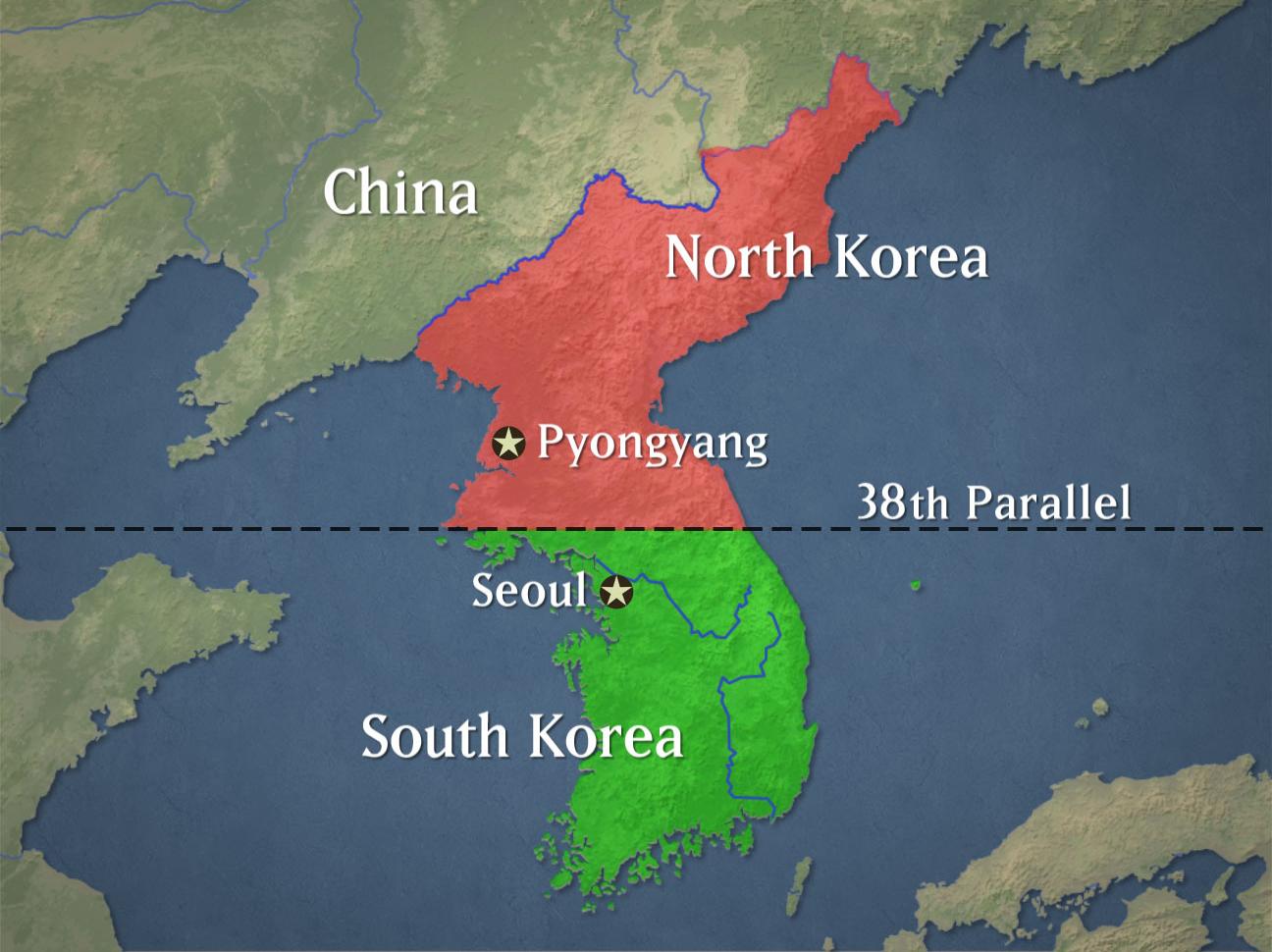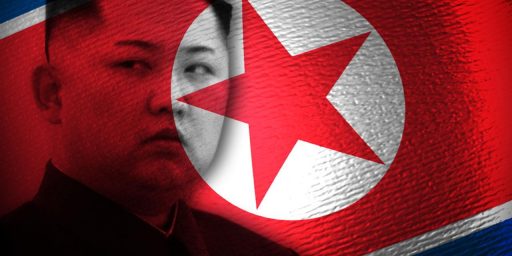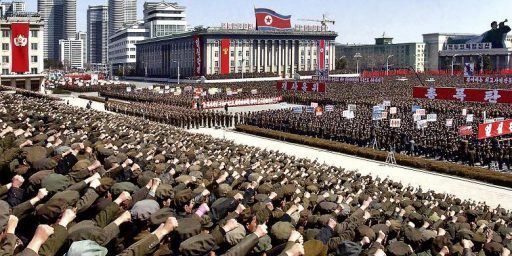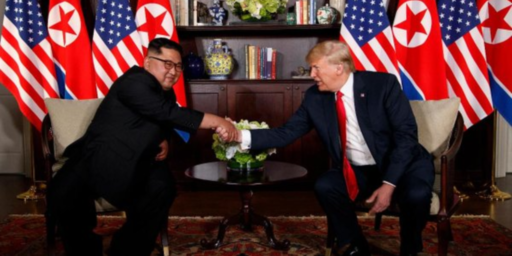The Complexity of Korea
Not one war, but five.
 Daniel Pinkston notes Why declaring an end to the Korean War is more complicated than you might think in a post at NK News.
Daniel Pinkston notes Why declaring an end to the Korean War is more complicated than you might think in a post at NK News.
This “end-of-war” issue and its centrality to nuclear disarmament and sustainable peace in Korea have been debated at length, but one element missing from the discourse is a clear description of the conflict and the conditions required to terminate “it.”
The issue is complicated by the fact that there were five wars—not one. The Korean conflict included several participants with different perceptions and objectives.
They even have different names for the conflict, clearly reflecting their identities and roles, as well as objectives and expected conditions for “ending the war.”
The conflict occurred on the Korean peninsula, but some combatants came from far away. The experiences, memories, and narratives of the parties are similar in some respects, but they diverge in important ways.
The five wars in Korea are:
- The War to Resist U.S. Aggression and Aid Korea
- The Fatherland Liberation War
- The Korean Revolution
- The Korean War (6.25 War)
- The Korean War (Police Action)
Pinkston goes on to provide basic definitions for each. Fundamentally, this is just another illustration of the complexity of the situation and underscores, yet again, why a photo op is not going to solve the problems of the peninsula.
I recommend the whole piece.
(Pinkston is a political scientist who specializes in North Korea. He is currently a Lecturer in the MSIR program at Troy University and he lives and teaches in Seoul, South Korea).





The bottom line seems to be to get the North to renounce or end their Korean Revolution as is.
Proving, once more, that stating a problem is much easier than solving it.
There are reports out of NoKo today of accelerated weapons development and deception.
https://www.nytimes.com/2018/11/12/us/politics/north-korea-missile-bases.html?rref=collection%2Ftimestopic%2FNorth%20Korea&action=click&contentCollection=world®ion=stream&module=stream_unit&version=latest&contentPlacement=1&pgtype=collection
Beyond the weapons development, the loosened sanctions are allowing Kim to resume trade with Russia and China.
Dennison got played, and if I remember correctly, it wasn’t even raining!!!
OT.
Stan Lee has passed.
A legendary man.
Creator of Spiderman, Ironman, the Incredible Hulk.
RIP.
@Kathy:
Not much a big problem, I think – it is exactly the same problem in Germany, and GDR never had any big problem in coexist with GFR; for a Marxist point of view, the collapse of capitalism and the final victory of the proletariat is historically inevitable, then Communist regimes could coexist peacefully in the day-to-day issues with the “counter-revolutionary” regimes, because they think that is only a question of time for these regimes to fall victim of their internal contradictions (It was that what Kruschev was saying with his famous “we will bury you”).